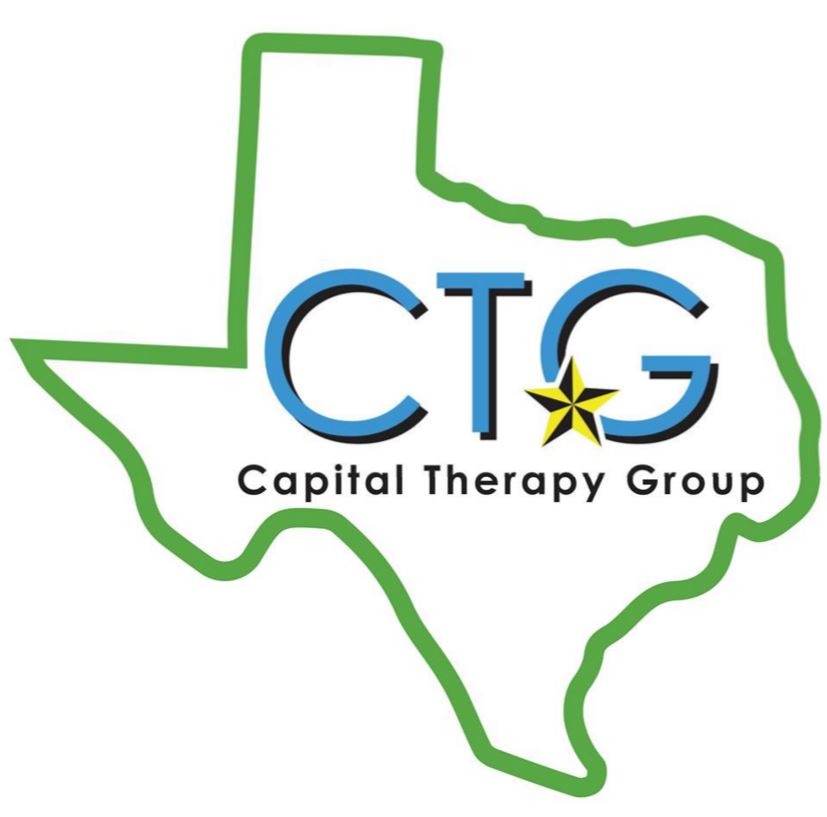Working with the full range of human communication, speech-language pathologists (SLPs) evaluate and diagnose speech, language, cognitive-communication, and swallowing disorders and treat such disorders in individuals of all ages, from infants to the elderly. Certified Speech-Language Pathologists (informally known as Speech Therapists) hold a minimum of a Master’s degree and have completed a fellowship year prior to becoming certified.
What We Offer
Capital Therapy Group offers Speech/Language evaluations and treatment in the following areas:
Receptive/Expressive Language
Articulation and Phonology
Auditory Processing
Feeding/Swallowing Disorders (preemies and infants through adults)
Oral motor delays and disorders
Dysphagia (We offer VitalStim/NMES)
Voice Disorders
Stuttering
Cognitive-Communication Disorders
Traumatic Brain Injury
Autism Spectrum Disorders
Apraxia of Speech (Developmental and Acquired)
Aphasia
Down Syndrome and other genetic disorders
What is the difference between “speech” and “language”?
Language is different from speech. It is made up of socially shared rules that include the following:
What words mean (e.g., “star” can refer to a bright object in the night sky or a celebrity); How to make new words (e.g., friend, friendly, unfriendly); How to put words together (e.g., “Peg walked to the new store” rather than “Peg walk store new”); What word combinations are best in what situations (“Would you mind moving your foot?” could quickly change to “Get off my foot, please!” if the first request did not produce results).
Speech is the verbal means of communicating. Speech consists of the following:
Articulation: How speech sounds are made (e.g., children must learn how to produce the “r” sound in order to say “rabbit” instead of “wabbit”).
Voice: Use of the vocal folds and breathing to produce sound (e.g., the voice can be abused from overuse or misuse and can lead to hoarseness or loss of voice).
Fluency: The rhythm of speech (e.g., hesitations or stuttering can affect fluency).
When a person has trouble understanding others (receptive language), or sharing thoughts, ideas, and feelings completely (expressive language), then he or she has a language disorder. When a person is unable to produce speech sounds correctly or fluently, or has problems with his or her voice, then he or she has a speech disorder.
